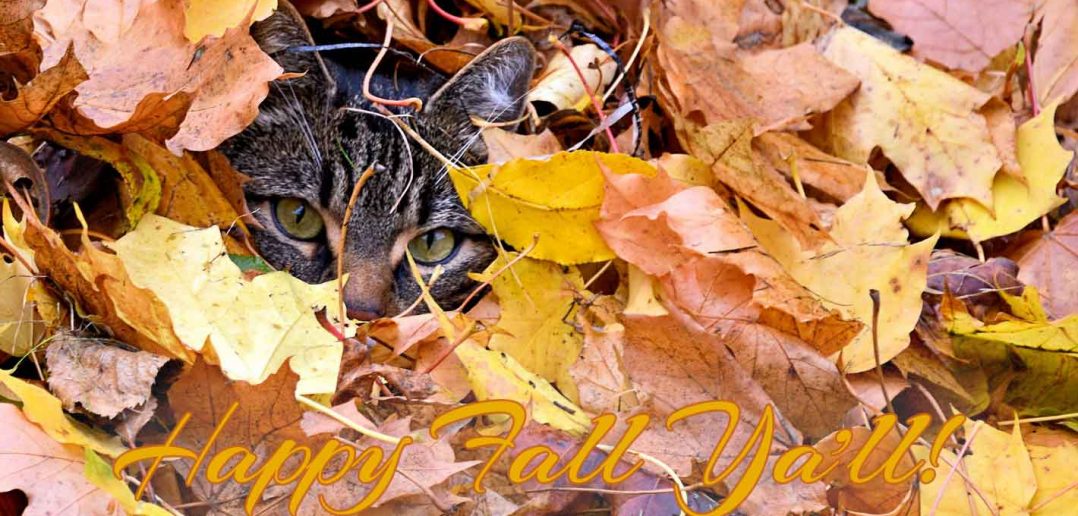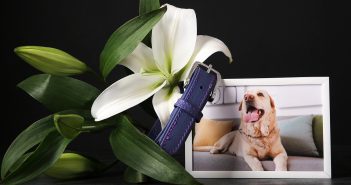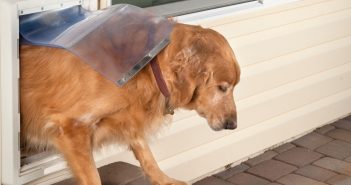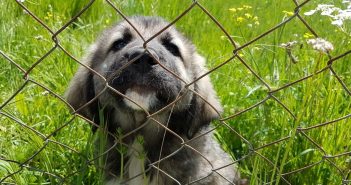Veterinarian Dr. David Brooks offers up some very specific advice for the kinds of troubles he tends to see at Thanksgiving. Fact – it’s a busy time of year for vets (and for plumbers).
Thanksgiving is this week, and the rest of the holiday season is fast approaching. It’s a busy time for all of us, but it is very important to make sure that your pet is kept safe from any danger.
At this time every year it is important to remind pet owners of the most common holiday hazards for pets. These include feeding problems, foreign-body ingestion and accidental poisoning.
Feeding problems: Foods too fatty, too rich or too spicy (in fact anything your pet is not accustomed to) can lead to intestinal problems. In some animals, the treat can cause serious inflammation of the pancreas or intestine which can actually be life-threatening. The main foods to avoid are those bits that you wouldn’t eat yourself such as the fat off a piece of meat, that last little bit of desert and so on. A little bit of meat wont cause too much of a problem though, just make sure you stay away from the fatty parts and the poultry skin (this contains high quantities of fat). It is these fats especially that can trigger acute pancreatitis. With dogs, it’s always best to stock with quality dog treats and dog food that’s made especially for dogs.
Foreign-body ingestion. Cooked poultry bones are a tempting thing to give to your pet, but please avoid them. Even the largest of bones can splinter easily and these sharp shards work their way into your pets intestines. If one pierces through the intestinal wall a life threatening peritonitis will ensue. Although cooked poultry bones are prohibited, some raw beef bones can be safely given to your pet. Knuckle bones (for large dogs) and oxtails (for small dogs) are generally considered to be a lot safer as they do not break up as easily. However, it is good practice to supervise your dog whilst chewing the bone so you can throw it away if it gets broken into pieces that can be swallowed.
Decoration Dangers: The Christmas tree can be a hazard for dogs and cats. Tinsel is great to play with but if ingested can cause pleating of the intestines and a severe blockage. This is in particular a great danger to cats and kittens, who love chasing and playing with string and cotton. Ornaments are also dangerous because they too may break into sharp shards that may puncture the intestines. Also, the water at the base of the Christmas tree will contain substances that can cause painful stomach aches. Christmas tree light strings are at risk of being chewed so please turn them off when you are out or your pet is left near the tree unsupervised. For cats especially, make sure they have other exciting things to keep them occupied, such as unique cat furniture and unique cat toys.
Poisonings: Holiday plants such as mistletoe are toxic, as are the bulbs of the amaryllis plant. A good alternative is the poinsettia which can be safely welcomed into the pet lover’s home. Please be aware that chocolate is toxic to dogs (especially the dark variety). Please dispose of antifreeze in the right way too during the cold months ahead. This sweet substance tastes great to your pet but is deadly.
Unfortunately many pets will end up having to see the veterinarian this holiday season, don’t let your pet be one of them! Keep those points in mind to help ensure your pet is safe over the entire holiday season.




